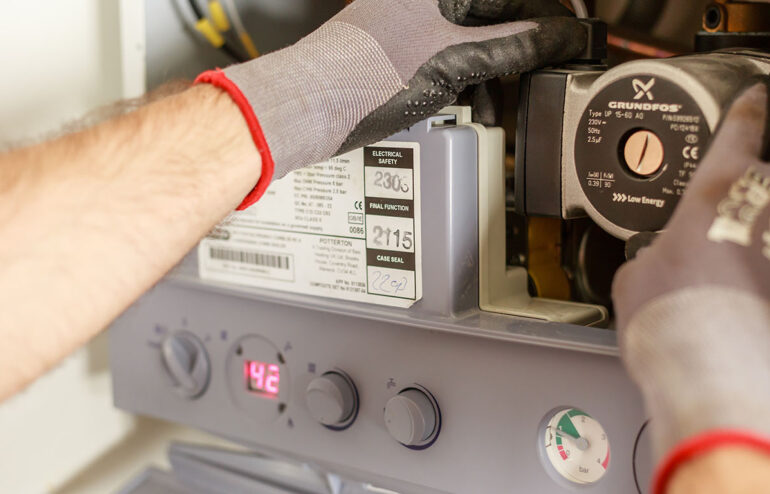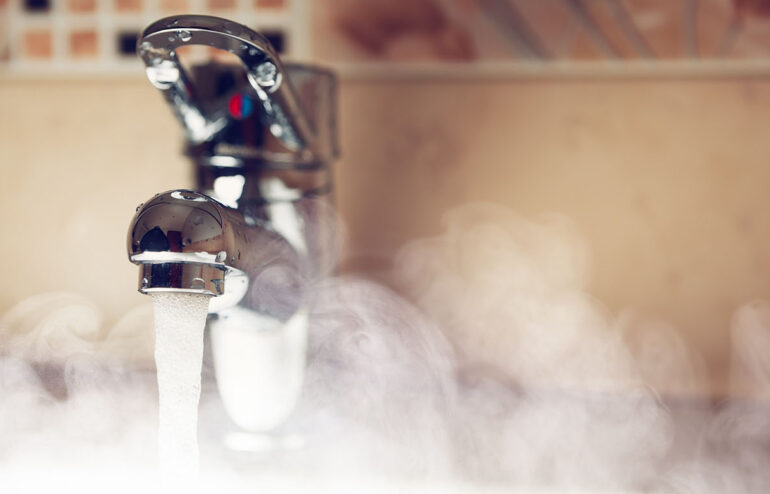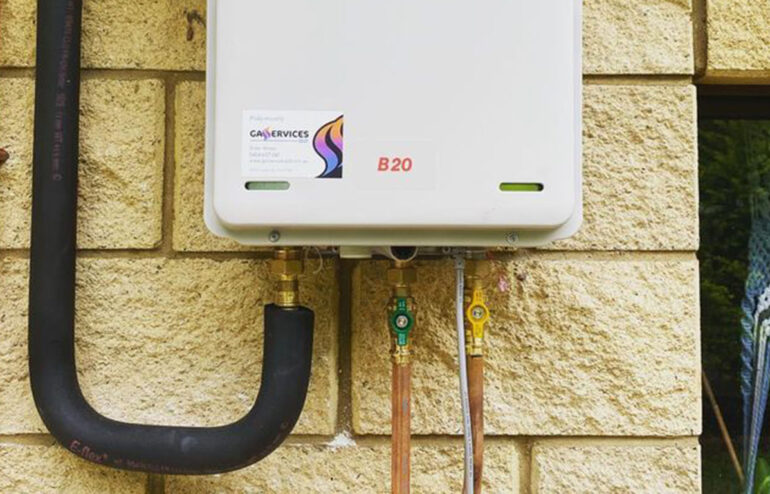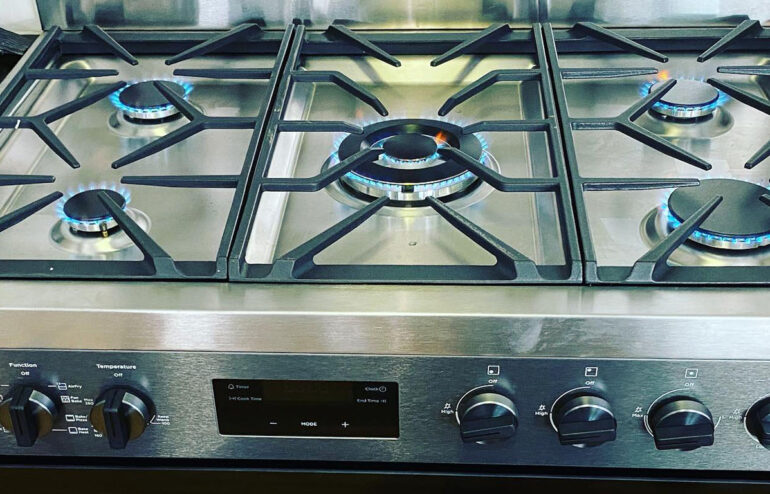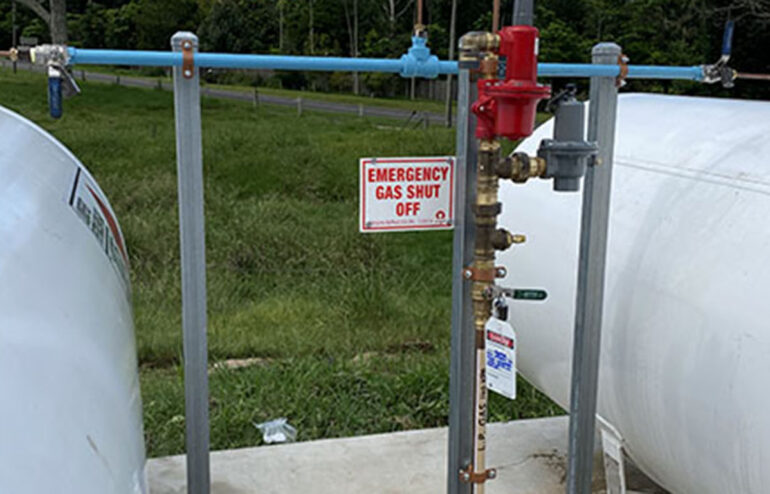One of the most important choices you will make when setting up your home is deciding which type of hot water system to install. There are two main types of hot water systems – gas and electric. Both have their own pros and cons, so it’s important to do your research before making a decision.
In this blog post, we will be comparing gas and electric hot water systems. We will be looking at the different benefits and drawbacks of each type of system, as well as the cost of installation and running costs. By the end of this post, you should have a good idea of which type of system is best for your home.
What is the difference between gas and electric hot water?
The main difference between gas hot water and electric hot water is how each system generates hot water. While electric hot water systems use electricity to heat the water, gas hot water systems use natural gas or LP gas to generate heat. Interestingly, there is no natural gas infrastructure here in Noosa, Gympie or the Sunshine Coast regions, so those local to the region will require LP gas (LPG).
Gas hot water systems are also able to heat larger quantities of water and can produce instantaneous hot water. This is because the heat produced by gas is stronger, quicker and more efficient than electric heat. As a result, gas systems are usually more efficient and cost-effective in the long run.
On the other hand, electric hot water systems may be beneficial in homes where gas lines are not available, or are not preferred. Electric systems can be quieter and require less maintenance than gas systems. In addition, electric hot water systems can be installed in more locations throughout the home as gas hot water systems do have venting requirements.
Overall, both gas and electric hot water systems have their own set of benefits and drawbacks. It is important to consider your circumstances and do your research in order to decide which type of system is best for your home.
Cost comparison
When trying to decide if gas or electric hot water is better for your home, it’s important to consider costs. Generally, the initial cost of installing electric hot water systems will be lower than for gas hot water systems. Gas hot water units are typically more expensive to install, but may be more cost effective in the long run due to their higher heating efficiency. Of course, the type and brand of water heater unit will vary (with both gas & electric).
The cost of running either system will also depend on the type of fuel used. Gas is generally cheaper to run than electricity, and can be more cost effective depending on the area. Gas prices also fluctuate, so it’s important to do some research to see what is available in your local area.
The cost of hot water systems can vary depending on the type of system and the cost of running it in your specific region; be it Noosa, Gympie or the Sunshine Coast. It’s important to consider the upfront costs and the running costs of different systems to decide which one is best for you.
Advantages and disadvantages of each
Gas hot water systems have the advantage of using fuel that is available almost everywhere. This means that they can be used in any location, making them a great option for those who need hot water but are unable to access electricity. Predominately for those who are currently or hope to be “off-grid”.
When it comes to efficiency, gas hot water units, as mentioned before, are typically more efficient than electric systems and have lower energy costs compared to electric systems. This is especially true when you factor in the current, rising cost of electricity.
It will be important to keep in mind They also require more maintenance than electric systems, and must be regularly inspected and serviced by a qualified gas fitter to ensure safety. Of course, this is a services that we can complete for you.
Electric hot water systems, on the other hand, have the benefit of being powered by electricity, a clean and sustainable energy source. This means that you are not emitting carbon dioxide into the air and therefore have a smaller impact on the environment.
When it comes to cost, electric hot water systems tend to be more expensive to install and maintain, but may have bigger benefits longer term if you also have a solar system installed on your roof.
It can be difficult to decide which system is best for you and your home. It’s important to consider both the advantages and disadvantages of each system before making a decision. Make sure to factor in both the immediate and long-term running costs to make the most informed financial decision.
What is the best option for your home?
When it comes to choosing the best option for your home between gas and electric hot water systems, there are several factors to consider.
Firstly, consider how much hot water you use, as this will determine which system is better suited for your needs. If you find yourself taking longer showers or running your washing machine almost daily, a gas system may be better suited for you as they tend to have higher water flow rates than electric systems.
Another factor to consider is cost. Installing an electric system may be more expensive due to the cost of electricity, but the long-term energy costs may be cheaper if you have your own solar system. On the other hand, the cost to install a gas system may be less expensive upfront on average, but the ongoing running costs could be higher. Consider which cost savings will be most beneficial for you in the long run.
Ultimately, when it comes to choosing between gas and electric hot water systems, you need to carefully consider the advantages and disadvantages of each system and decide which will be the best option for your home.
Tips for making the most of your hot water heater
Regardless of whether you choose to install a gas or electric water heater, there are some tips that you can follow to make the most of your hot water heater and save money in the long run.
First and foremost, make sure that you are regularly maintaining your water heater. We can conduct regular servicing if this is something you would like to consider.
Lastly, you can save energy by using the cold water line for tasks like handwashing or gardening. This is especially helpful because hot water takes more energy to heat and you can still achieve the same goals with cold water.
When it comes to deciding between a gas hot water system and an electric hot water system, there is no clear winner as both have their advantages and disadvantages. Ultimately, it comes down to your individual needs and preferences as well as the price of LP gas and electricity in your area.
Finally, no matter which option you choose, make sure to regularly maintain your water heater and employ clever usage measures to maximize the efficiency of your hot water system and reduce your energy costs.

